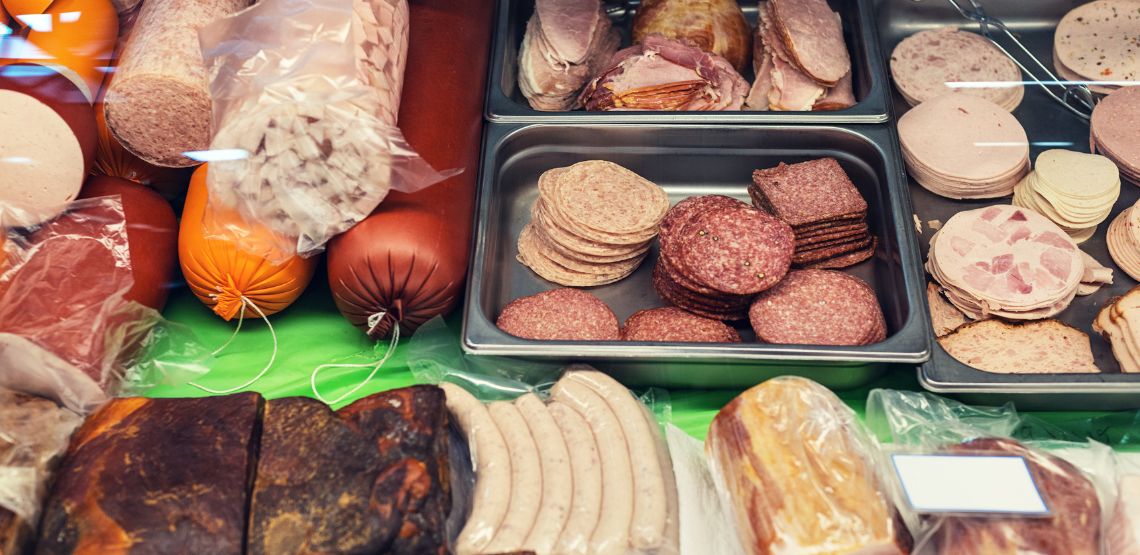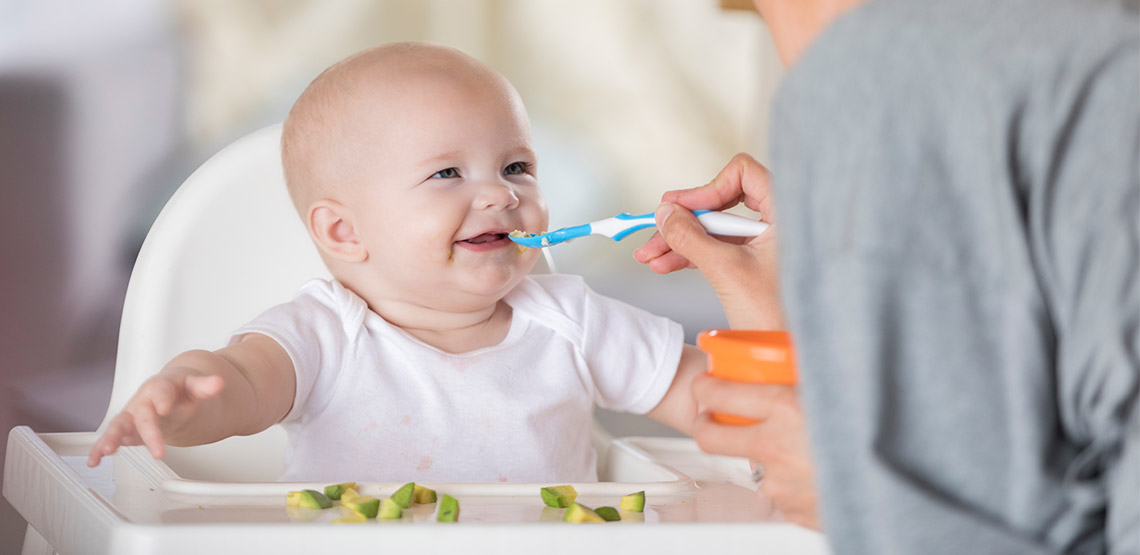The foods you eat can play a role in your overall well-being. Getting the right nutrients helps provide your body with the energy you need. It also promotes proper cell repair and growth. But eating certain foods may also have an adverse effect. Some foods contain high levels of unhealthy fats and contribute to obesity.
Some foods may also increase your risk of certain types of cancer. Although researchers do not know all the answers, it appears a combination of factors may contribute to the development of cancer.
Knowing foods that may cause cancer is important. Once you identify foods that may cause cancer, you can reduce or eliminate them from your diet. Below are five food groups that may cause cancer.
Overcooked meat
Meat cooked at high temperatures, such as on a grill or open flame, produces polycyclic aromatic hydrocarbons and heterocyclic amines.
Studies do not show a definite link between burnt meat and cancer in humans. But according to the National Cancer Institute, both chemicals can change DNA, which may increase the risk of cancer. For instance, meat cooked above 300 degrees Fahrenheit forms high concentrations of heterocyclic amines. Heterocyclic amines are associated with an increased risk of cancer.
How to reduce your risk: To reduce your risk of getting cancer, avoid cooking meat directly on an open flame, and remove charred or burnt pieces of meat before eating.
Processed Meats
Processed meats involve any type of meat that uses smoking, canning, salting, or curing to preserve it. Examples of processed meats many people eat include:
- Sausage.
- Ham.
- Hot dogs.
- Salami.
- Beef jerky.
Related Search Topics (Ads)
The process used to persevere the meat can produce different cancer-causing chemicals. For example, smoking meat can produce a chemical called polycyclic aromatic hydrocarbons. According to the Centers for Disease Control and Prevention, some researchers consider polycyclic aromatic hydrocarbons a possible cancer-causing chemical. Also, research in the journal Nutrients found that eating a large number of processed foods was a risk factor for colon cancer.
How to reduce your risk: The research does not indicate a certain level of processed meats that is safe. It is better to skip all processed meat and switch to lean beef, chicken, and fish.
Artificial Sweetener
Artificial sweeteners may contribute to center types of cancer when consumed in large amounts. Different artificial sweeteners are on the market, including:
- Sucralose.
- Aspartame.
- Saccharin.
- Acesulfame K.
These artificial sweeteners are often found in diet soda, sugar-free cookies, and snacks.
But certain types of artificial sweeteners may increase your risk of cancer. For example, one study involving over 100,000 people found a link between artificial sweeteners, especially acesulfame-K and aspartame, and breast cancer.
How to reduce your risk: Too much sugar can increase your risk of obesity, which raises your risk of some forms of cancer. But consuming too many artificial sweeteners is also not good for your health. In moderation, replace artificial sweeteners with natural sweeteners, such as honey, molasses, and dates.
Alcohol
Speaking of foods that may cause cancer, alcohol is on the list. Moderate to heavy alcohol use is associated with an increased risk of certain types of cancer. For example, according to the National Cancer Institute, heavy alcohol use increases the risk of colon cancer up to 1.5 times more when compared to no alcohol use. Drinking alcohol in excess may also increase a person’s risk of developing pancreatic and prostate cancer.
Many of the studies did not define what is considered moderate and heavy alcohol use. But it appears the more alcoholic drinks a person regularly has per day, the higher their risk of developing alcohol-linked cancers.
How to reduce your risk: An occasional glass of wine or beer is unlikely to increase your risk of cancer. But keep alcohol consumption to a minimum.
Dairy
Some studies indicate that eating large amounts of food that contain certain types of dairy products may increase the risk of some forms of cancer.
A study funded through the Natation Cancer Institute found that women that ate the most cheddar, American, and cream cheeses had a 53 percent higher risk of breast cancer than women that ate less cheese.
Additional research also found that eating three or more servings of dairy products a day increased the risk of death by 141 percent in men that had prostate cancer when compared to those that ate only one serving.
Some dairy products are high in saturated fat, which can increase your risk of obesity. Obesity is linked to certain types of cancer, including breast, colon, and uterine.
How to reduce your risk: Eliminating all dairy products is usually not needed to lower your risk of cancer. Instead, consider swapping out some high-fat forms of dairy for low-fat options.
Article Resources
- Chemicals in Meat Cooked at High Temperatures and Cancer Risk - NCI
- Do grilled foods cause cancer? | Columbia University Irving Medical Center
- Colorectal Cancer and Nutrition - PMC
- Artificial sweeteners and cancer risk: Results from the NutriNet-Santé population-based cohort study | PLOS Medicine
- Usual Consumption of Specific Dairy Foods Is Associated with Breast Cancer in the Roswell Park Cancer Institute Data Bank and BioRepository - PMC
- What is the evidence that alcohol drinking can cause cancer?


